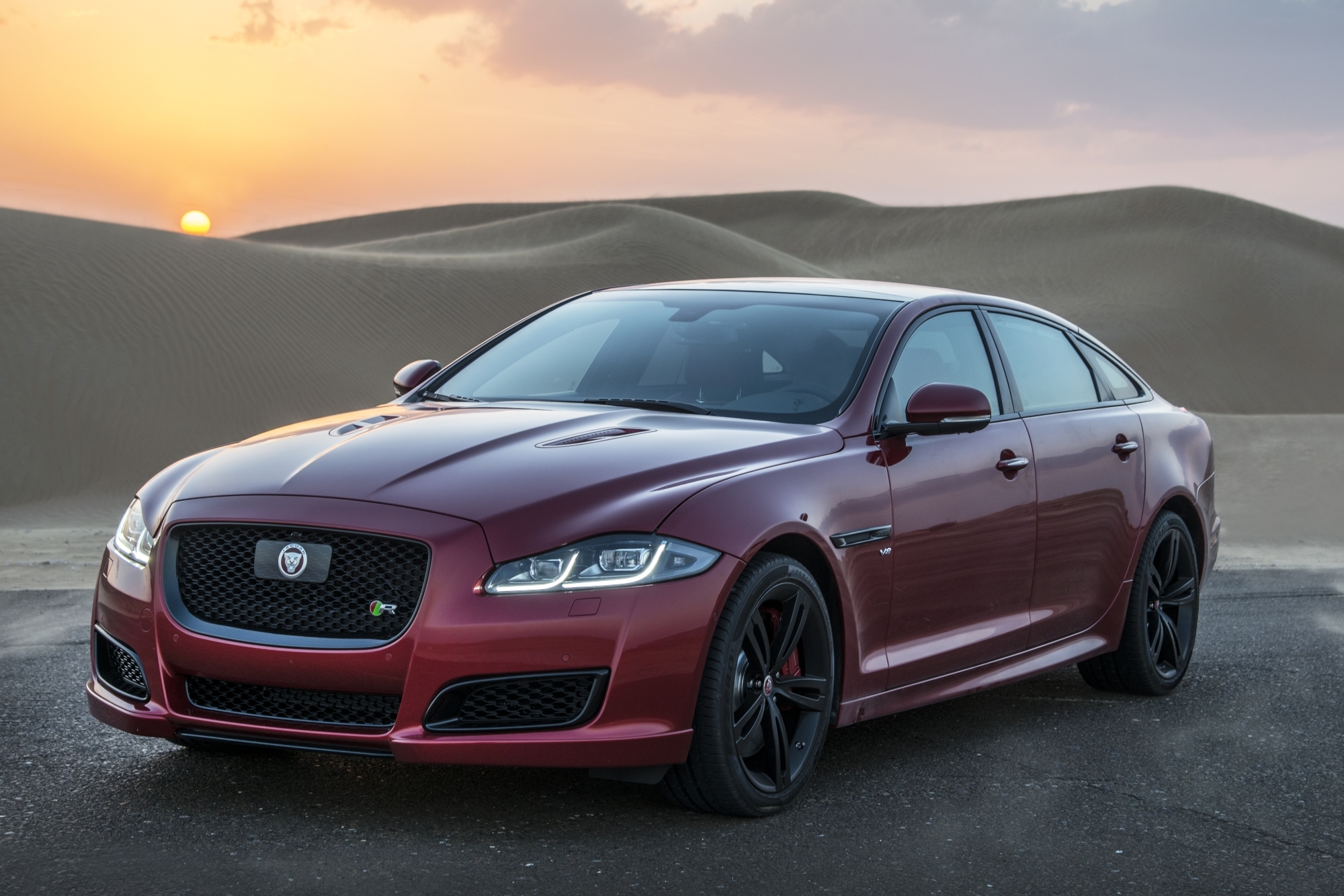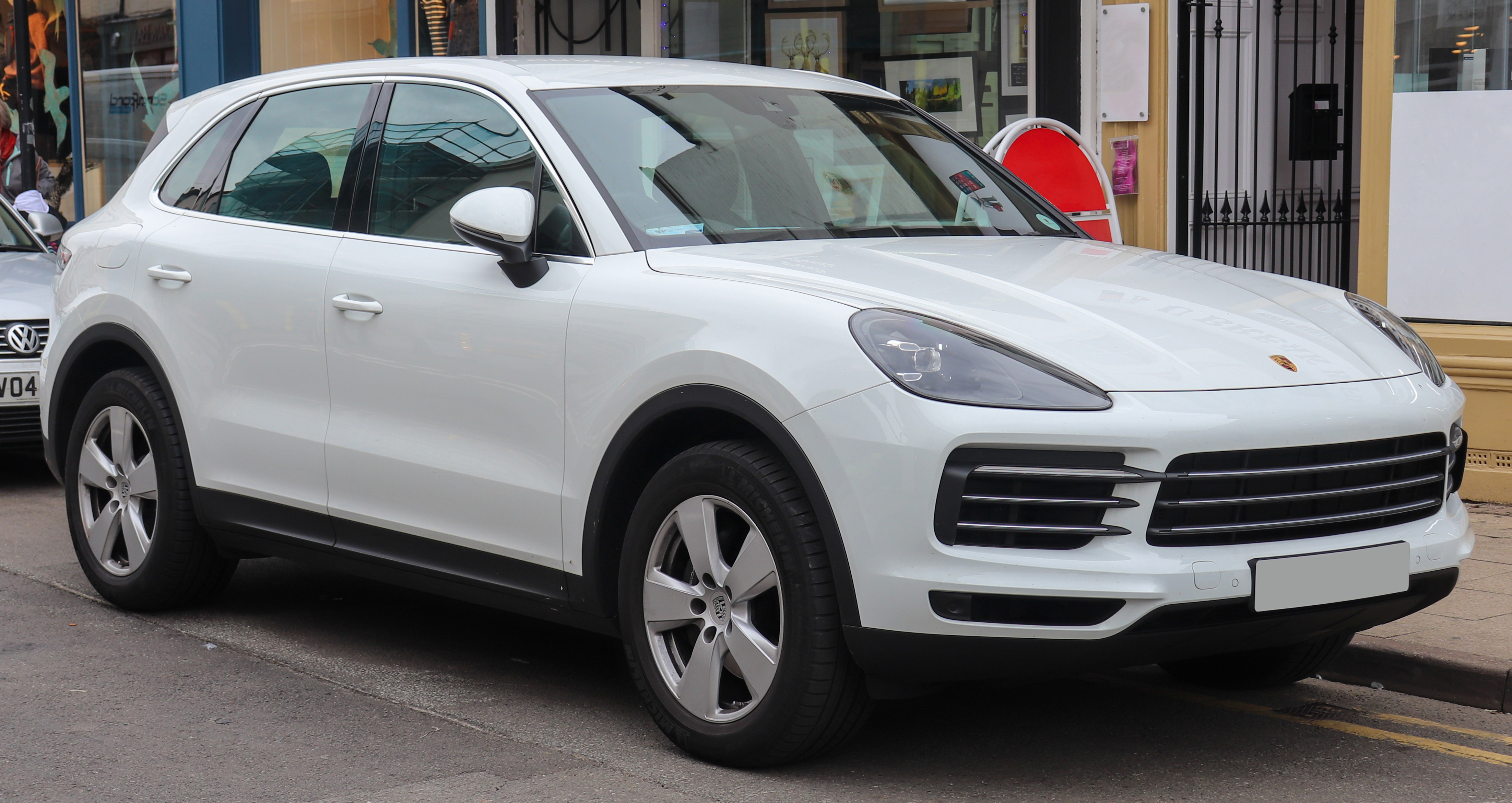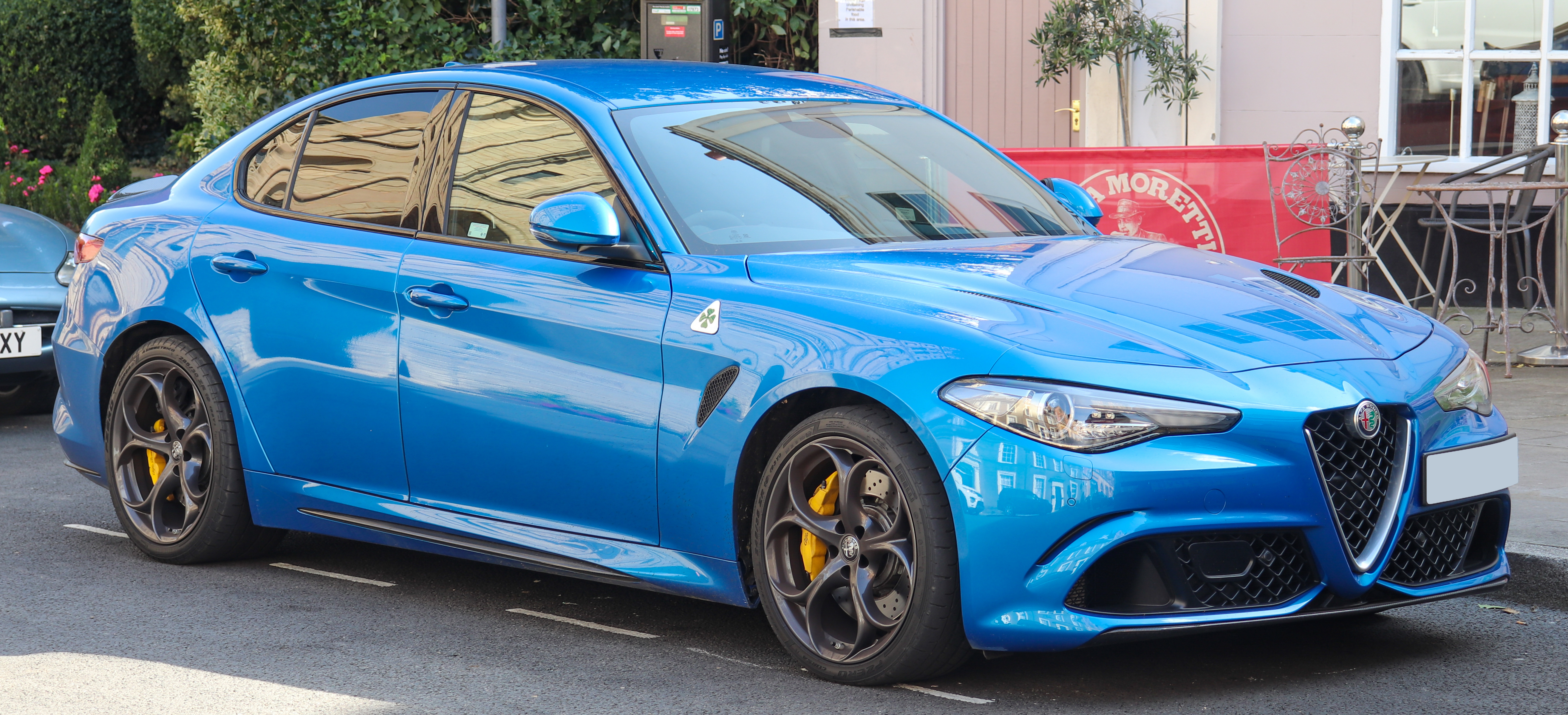Luxury Cars That Promise Glamour But Struggle with Resale Value

Luxury vehicles often embody the pinnacle of automotive design, offering unrivaled comfort and state-of-the-art technology. However, while these cars may turn heads on the road, they often fail to hold their value when it comes time to sell. The reasons behind this significant depreciation are multifaceted, touching on everything from technological advancements to market dynamics.

1. **Technological Obsolescence**: High-end cars often come loaded with the latest technological features, designed to appeal to a tech-savvy audience. Unfortunately, this means they quickly become outdated as newer models with even more advanced technologies hit the market. As Jamie Mitri from Cumberland Auto Sales and Services noted, “flashier, more innovative models result in current models swiftly becoming outdated.”

2. **Exclusivity and Market Demand**: Luxury cars are typically produced in limited numbers and come with a hefty price tag, which narrows the pool of potential buyers. This exclusivity might seem like a selling point, but it works against owners looking to resell. The smaller market reduces demand, leading to lower resale values.
3. **Brand Reputation and Reliability Issues**: Many luxury car brands have a reputation for requiring expensive repairs and maintenance. Vehicles like the Range Rover and BMW are notorious for their high maintenance costs, which can deter potential second-hand buyers. As Tomer Ruderman pointed out, issues such as “the high maintenance and low reliability rankings make [Range Rovers] less appealing to second-hand buyers.”

4. **Depreciation Trends Over Time**: According to the data, luxury cars tend to depreciate at a faster rate than their non-luxury counterparts. The higher the initial purchase price, the more significant the value drop over time. This is particularly true within the first few years of ownership, where luxury vehicles can lose up to 50% of their value.

5. **Maintenance Costs**: The cost of maintaining a luxury vehicle can be extraordinarily high. From routine service to unexpected repairs, these costs add up and can significantly impact resale value. Potential buyers are wary of inheriting these expenses, which decreases demand.

6. **Model Updates and New Releases**: With luxury brands frequently releasing updated models and new lines, older models quickly lose their appeal. The constant push for innovation means that last year’s model is this year’s bargain bin item, further driving down resale values.
7. **Socioeconomic Trends and Buyer Preferences**: As market trends shift towards more sustainable and technologically advanced vehicles, traditional luxury cars face stiff competition. Electric vehicles (EVs) are increasingly popular, and luxury brands are scrambling to keep up. This shift has influenced the resale market, with older gas-powered luxury cars struggling to find buyers.
8. **Inflation and Economic Influences**: Economic factors such as inflation affect the depreciation of luxury vehicles. As the cost of living rises, consumers prioritize affordability and practicality over luxury, impacting the demand and resale value of high-end cars. The market for pre-owned luxury vehicles is also influenced by the financial stability of potential buyers, which can fluctuate with economic conditions.

9. **Cadillac Escalade**: The epitome of American luxury SUVs, the Cadillac Escalade is a symbol of status and opulence. However, its resale value is not as solid as its reputation. Known for its commanding presence and high-end features, the Escalade unfortunately suffers from rapid depreciation. The initial allure of its grand size and luxury fittings quickly fades when it comes time to sell, with owners facing a significant drop in value. The market demand for such a large SUV is limited, and as newer models with more advanced technology emerge, older Escalades become less appealing.

10. **Jaguar XJ**: A name synonymous with British elegance, the Jaguar XJ boasts a storied history and a reputation for luxury. Despite its sophisticated design and powerful performance, the XJ struggles to maintain its value over time. Buyers in the second-hand market are wary of the maintenance costs associated with owning a Jaguar, which can be prohibitively high. The depreciation is further exacerbated by Jaguar’s limited market presence compared to other luxury brands, making it a less attractive option for potential buyers.

11. **Volvo S90**: Renowned for its safety and Scandinavian design, the Volvo S90 is a luxurious sedan that offers a unique alternative to its German rivals. However, the S90 faces significant depreciation primarily due to its niche appeal. While it offers a plush interior and advanced safety features, the market for luxury sedans is dominated by brands like Mercedes and BMW, leaving Volvo to struggle in the resale arena. The S90’s depreciation is a hurdle for owners looking to recoup their investment.

12. **Lexus LS**: As the flagship sedan for Toyota’s luxury division, the Lexus LS is celebrated for its reliability and comfort. Yet, its resale value is surprisingly underwhelming. The LS tends to depreciate more rapidly than expected, partly because its conservative styling and lack of cutting-edge features fail to entice younger luxury car buyers. While it garners respect for its craftsmanship and dependability, these qualities do not translate to high demand in the used luxury car market.

13. **Infiniti Q50**: Infiniti’s attempt to combine luxury and sportiness in the Q50 results in a vehicle that, while thrilling to drive, struggles to retain its value. Despite its dynamic styling and performance credentials, the Q50 faces stiff competition from more established German brands. The brand’s limited market penetration and the perception of lower prestige compared to European rivals contribute to its significant depreciation. Potential buyers often overlook the Q50 in favor of more recognizable luxury options.

14. **Porsche Cayenne**: Unlike its iconic 911 counterpart, the Porsche Cayenne SUV sees a notable drop in value over time. Although it provides a blend of performance and practicality that appeals to enthusiasts, the hefty maintenance costs associated with Porsches deter many second-hand buyers. Furthermore, the rapid advancements in the SUV segment, including hybrid and electric options, have left older Cayenne models struggling to keep pace with the competition. This results in lower demand and a faster depreciation rate.

15. **Alfa Romeo Giulia**: Known for its Italian flair and engaging driving experience, the Alfa Romeo Giulia is a luxury sedan that unfortunately depreciates quickly. Alfa Romeo’s limited dealership network and concerns over reliability affect its resale value significantly. While the Giulia offers a unique alternative to mainstream luxury sedans, potential buyers are often hesitant to commit to a brand with a history of inconsistent reliability and high maintenance costs, leading to its steep depreciation.

16. **Lincoln Continental**: The Lincoln Continental, with its rich heritage and American luxury appeal, faces challenges in holding its resale value. While it offers a smooth and comfortable ride, the Continental is often overshadowed by more modern and technologically advanced competitors. The brand’s struggle to redefine itself in the luxury segment contributes to the rapid depreciation of its vehicles. Buyers in the luxury market tend to favor brands with stronger global recognition and more innovative offerings.
Related posts:
5 Luxury Cars With the Worst Resale Value
20 Cars With The Worst Resale Values
These 5 Cars Have the Worst Resale Value
Discover more from Auto Travel World
Subscribe to get the latest posts sent to your email.















